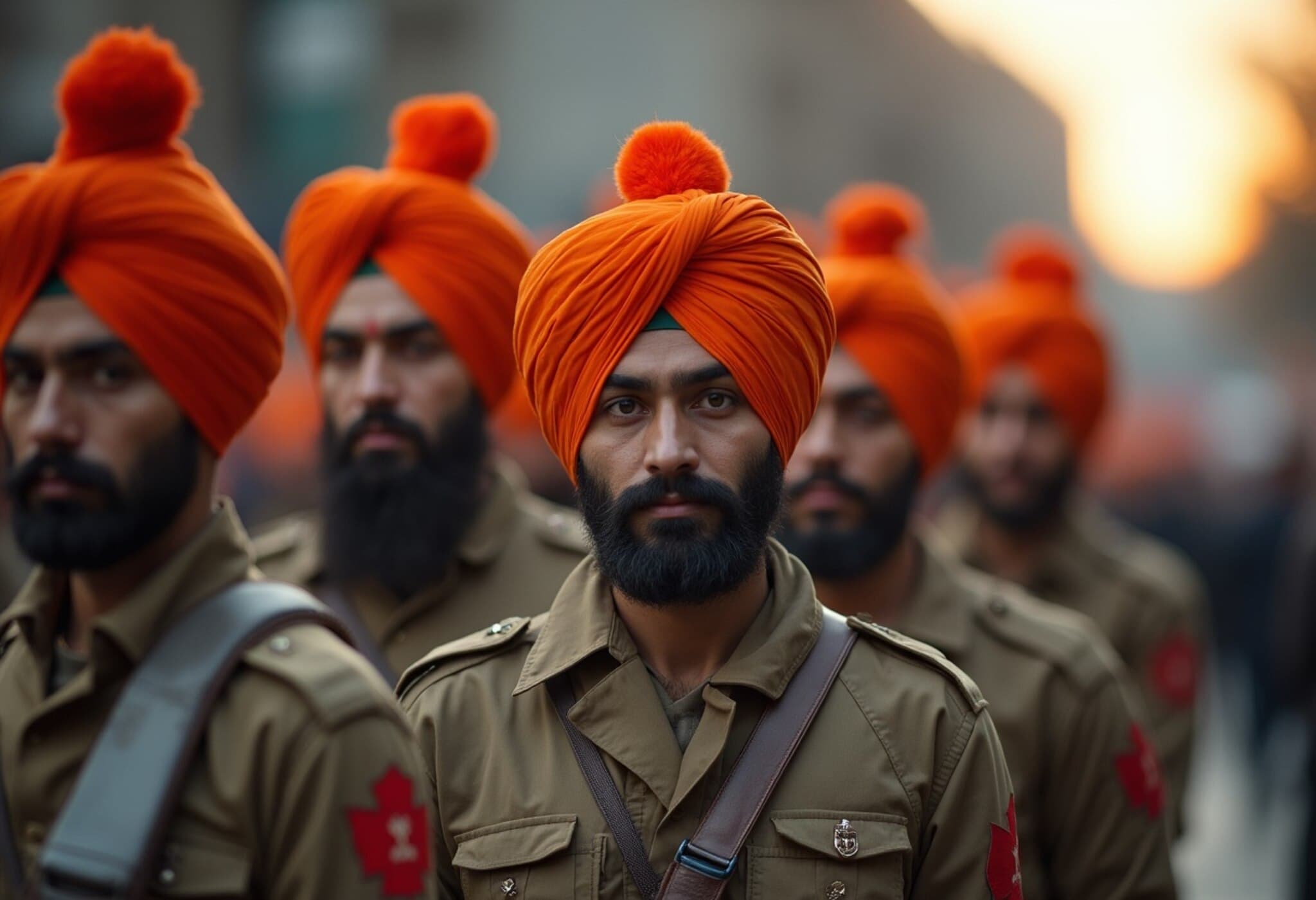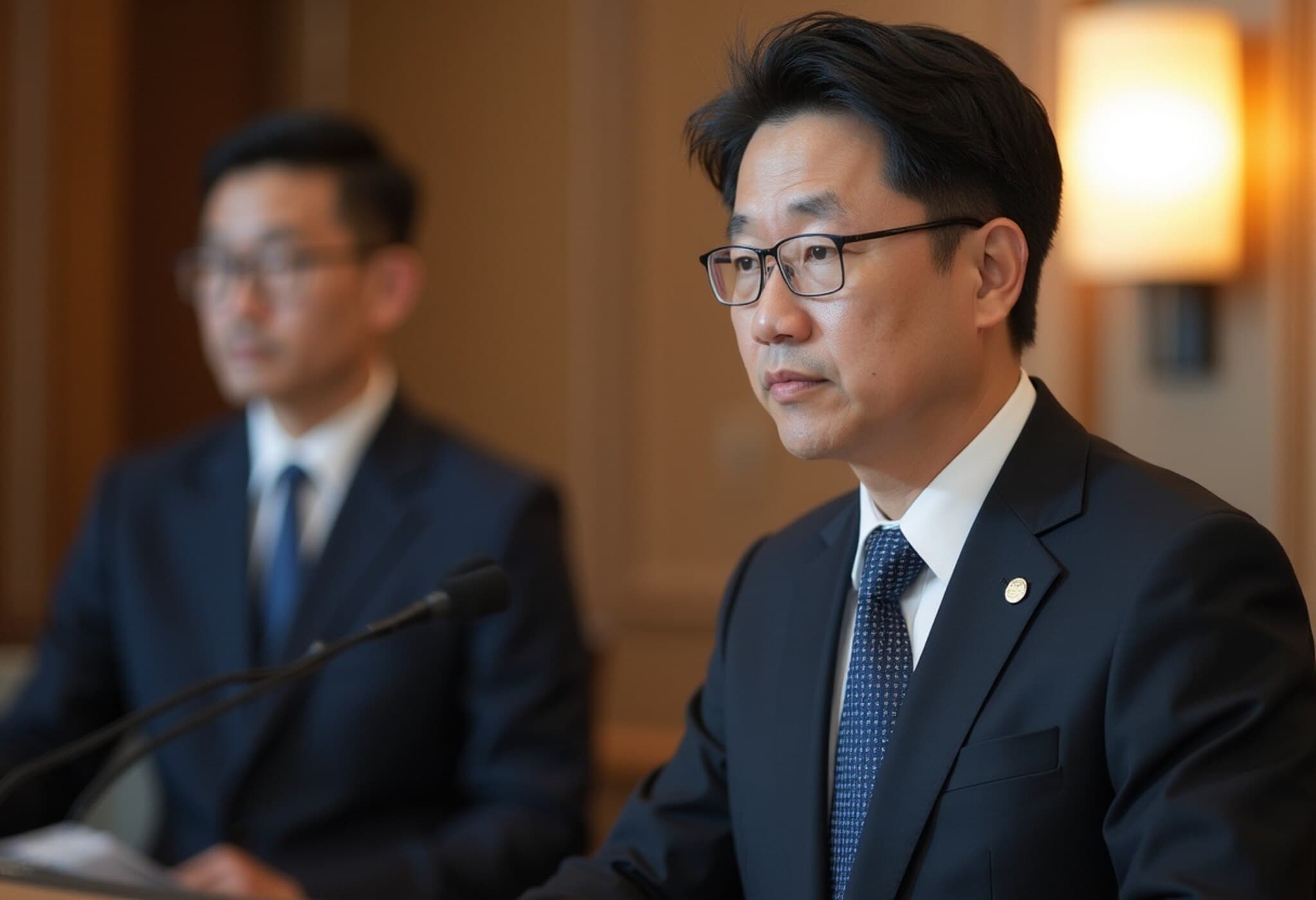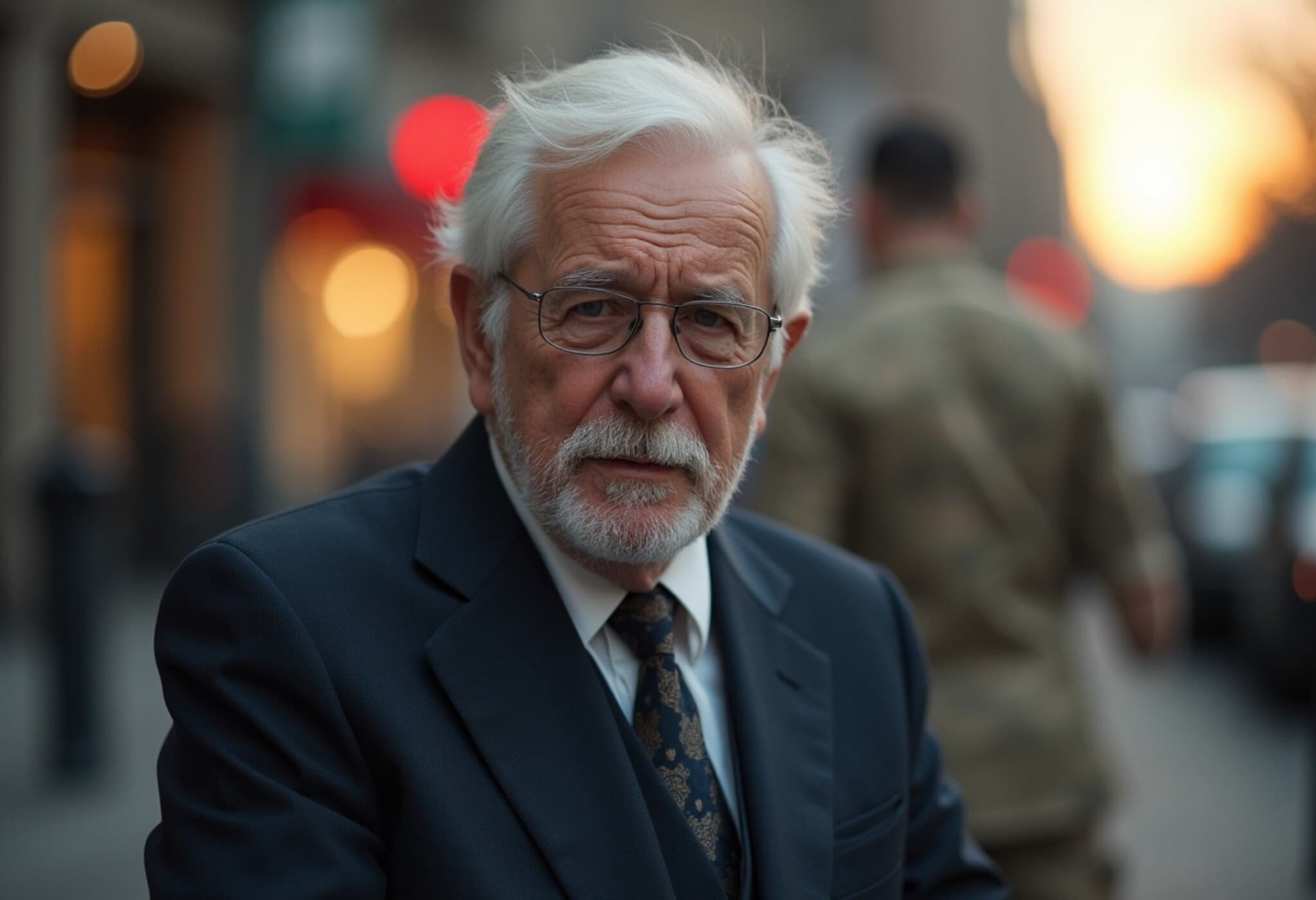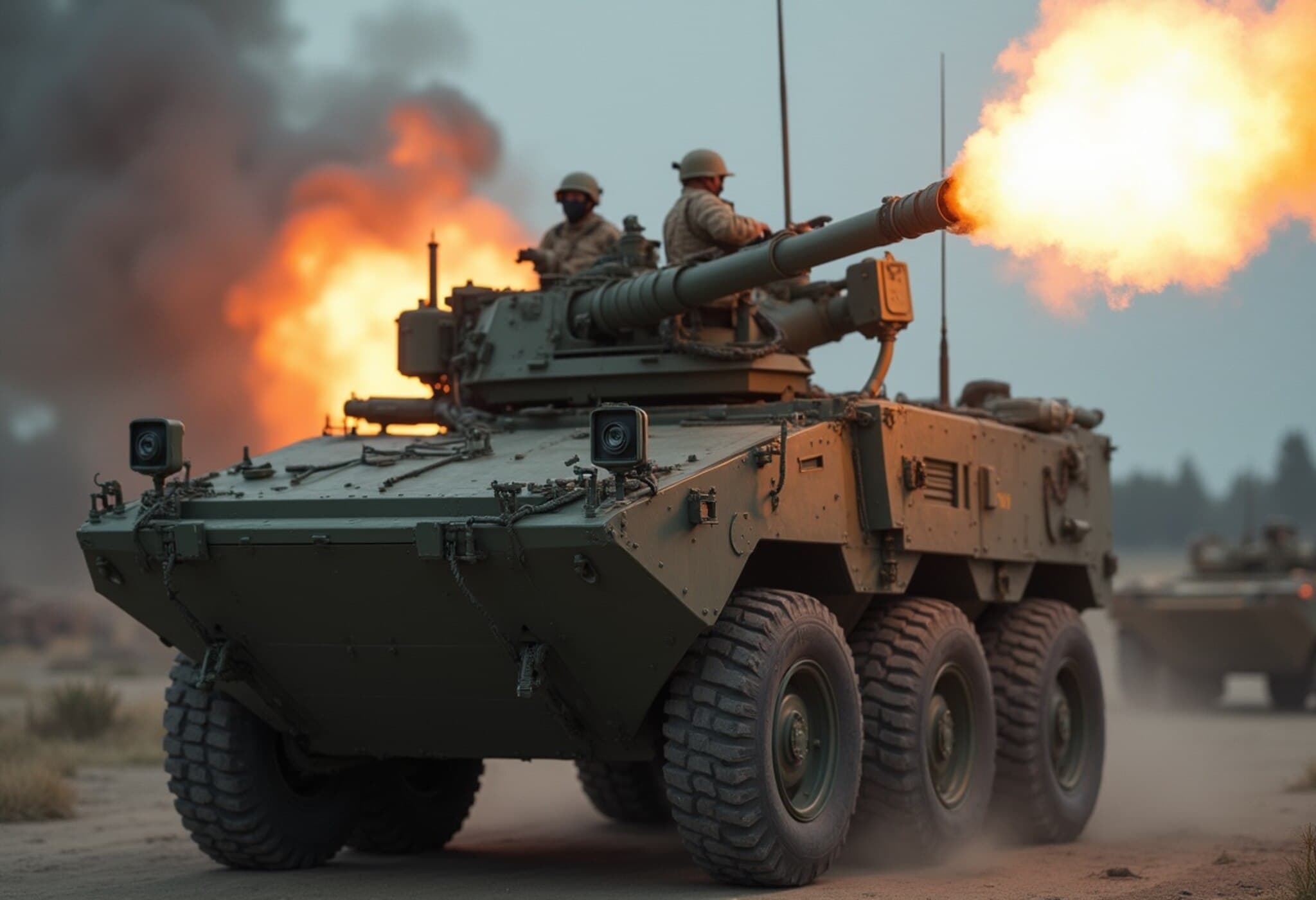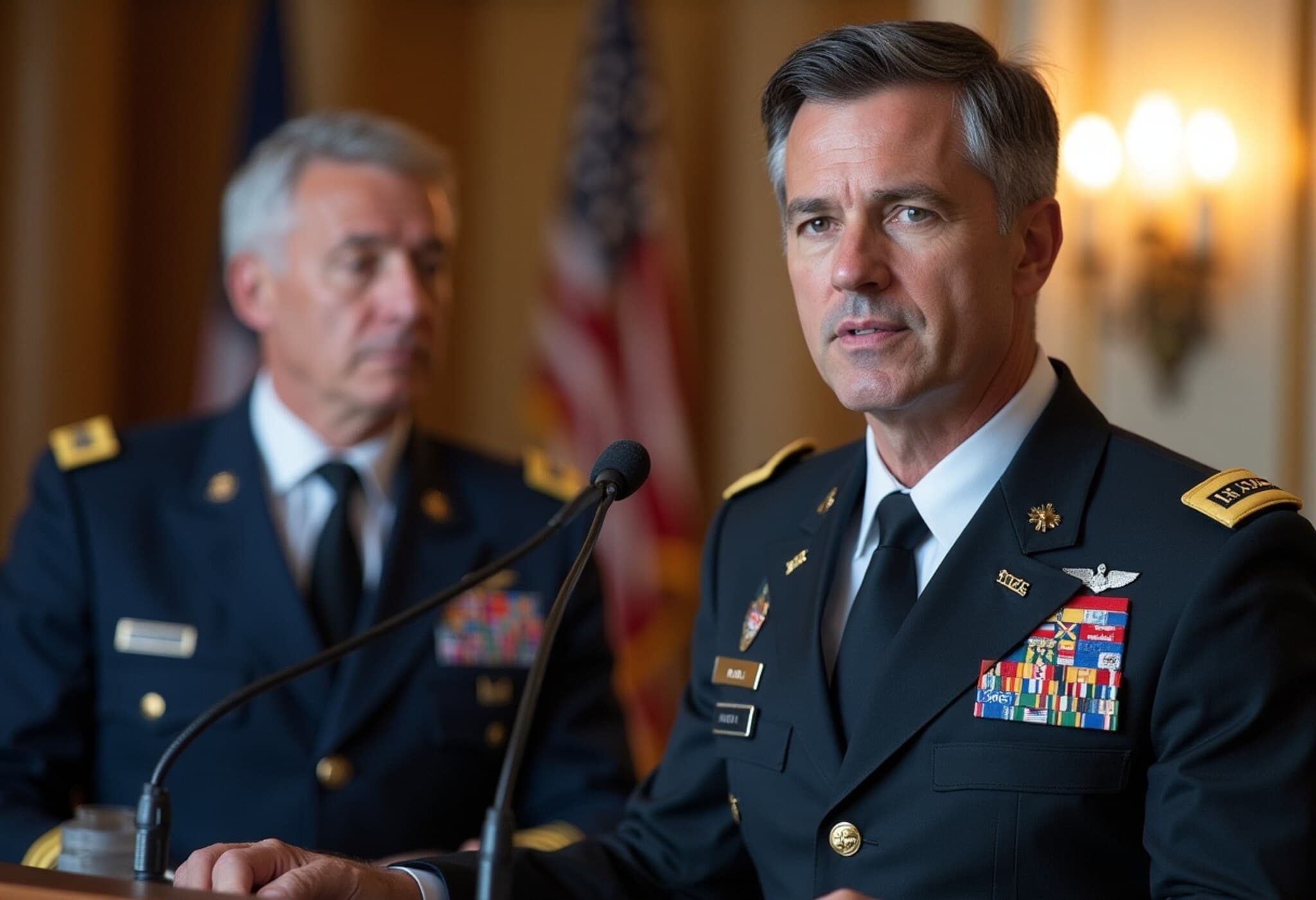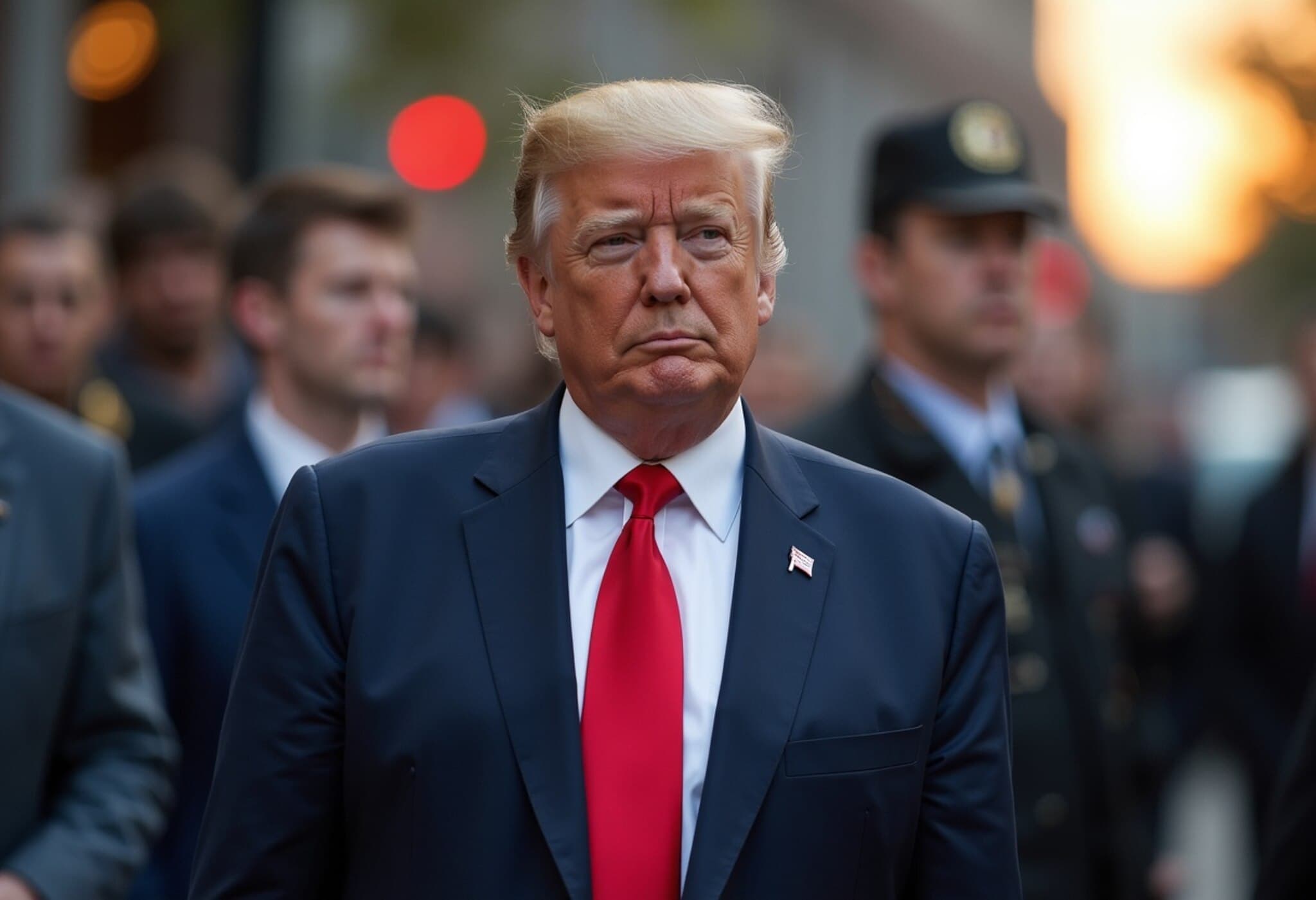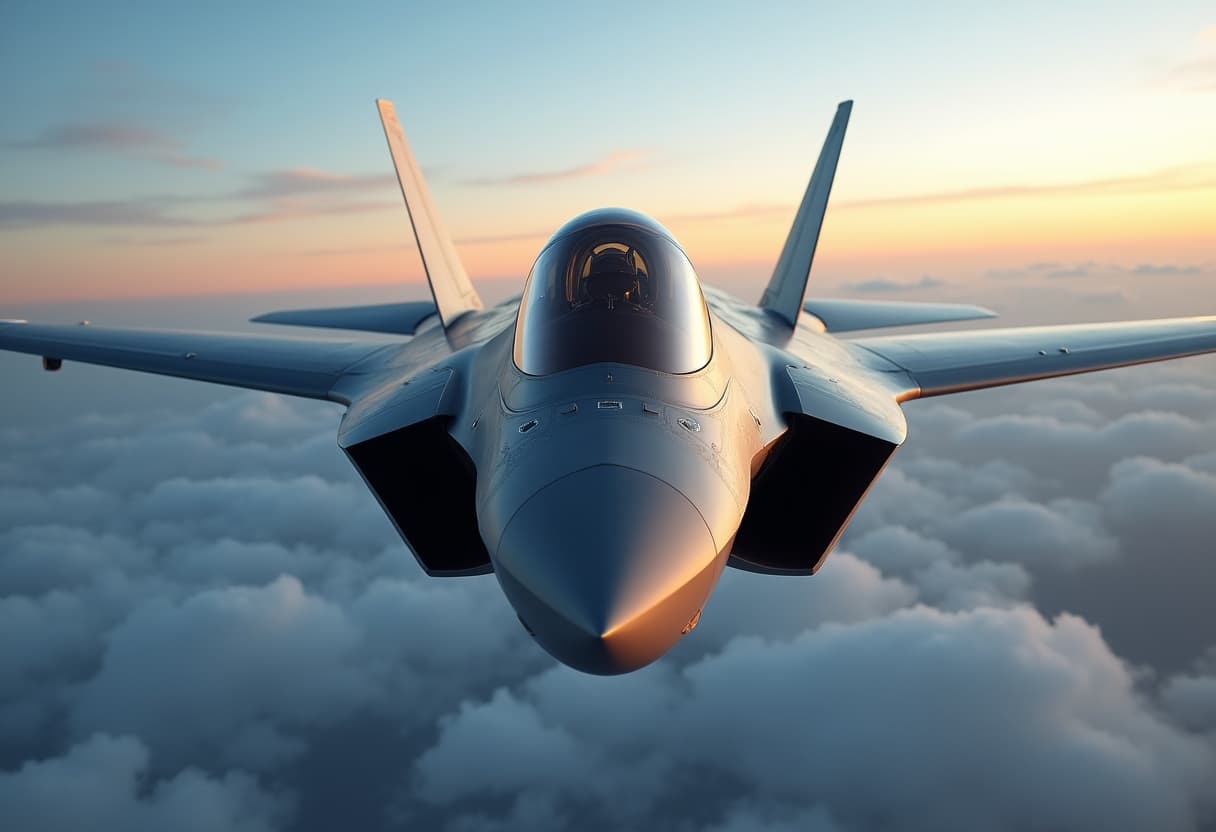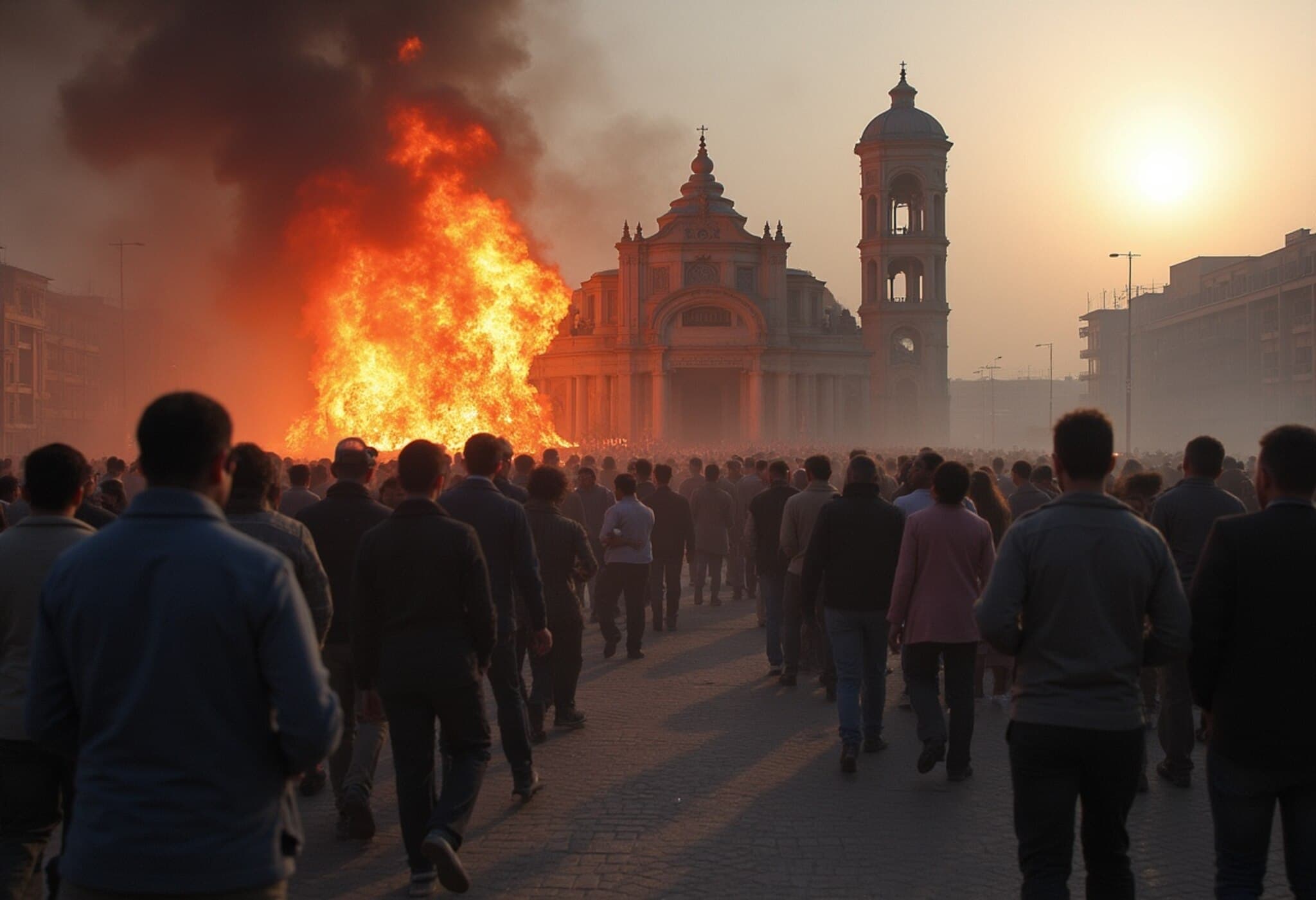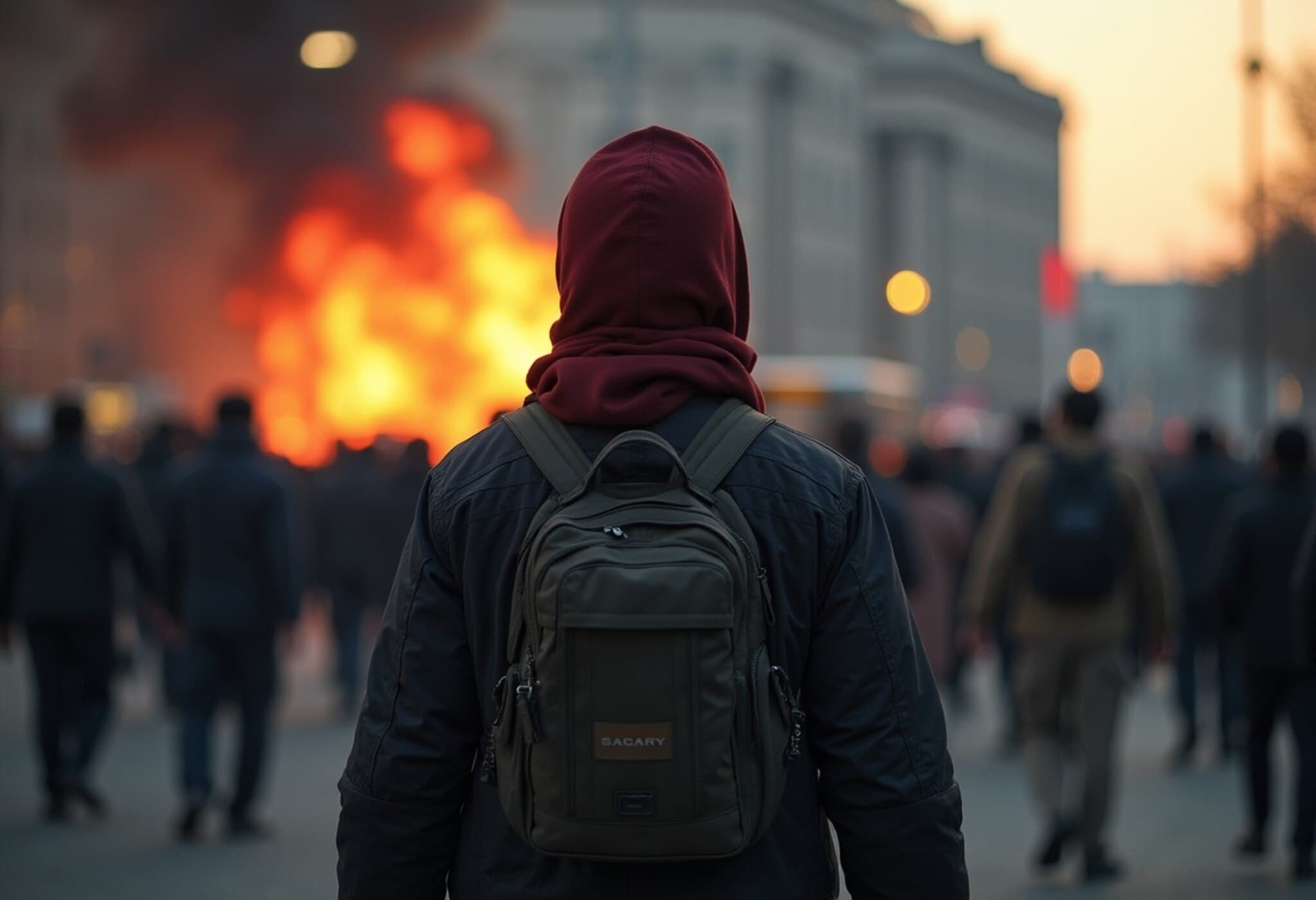Historic Civilian Appointment Marks Shift in South Korea’s Defence Leadership
South Korea’s President Lee Jae Myung has made a significant move by naming Ahn Gyu-back, a seasoned lawmaker, as the country’s first civilian defence minister in 64 years. This appointment signals a clear break from military-dominated defence leadership and fulfills a campaign pledge made in the wake of last December's controversial martial law crisis.
From Martial Law Turmoil to New Leadership
Lee Jae Myung assumed office on June 4, following a swift election called after the removal of his predecessor, who was implicated in a failed martial law declaration. The former defence minister under the ousted administration, Kim Yong-hyun, is currently imprisoned and facing charges of insurrection related to his involvement in planning the martial law.
In addition to appointing Ahn Gyu-back, President Lee unveiled ten other cabinet members, including Cho Hyun as foreign minister—bringing in his extensive United Nations experience—and Chung Dong-young, a vocal advocate for engagement with North Korea, as the minister of unification.
A Cabinet Focused on Unity and Economic Diplomacy
Stepping into office amid a climate of political division and economic challenges, President Lee is tasked with steering South Korea through a critical period. His administration is prioritizing pragmatic diplomacy, targeting the nation’s export-driven industries, notably in automobiles, semiconductors, and steel.
Earlier in June, Lee appointed Kim Min-seok, a trusted ally and veteran parliamentarian, as prime minister—a position requiring legislative approval—underscoring his commitment to stable governance.
Further Cabinet Appointments and the Way Forward
Alongside the defence and foreign ministries, Lee’s government saw new faces in key sectors including agriculture, environment, labor, and maritime affairs. While these appointments do not need parliamentary confirmation, they will undergo rigorous hearings amid heightened public scrutiny.
As South Korea charts its course under new leadership, the civilian defence chief represents not only a shift in military oversight but also a broader effort to restore public confidence and foster cohesion following recent unrest.


